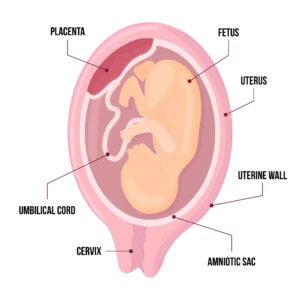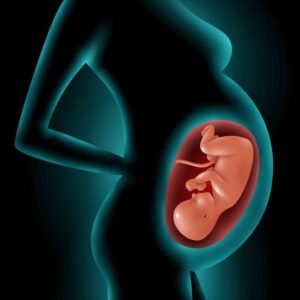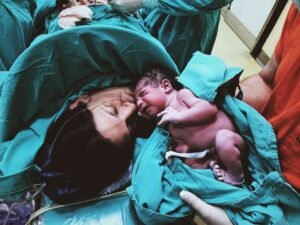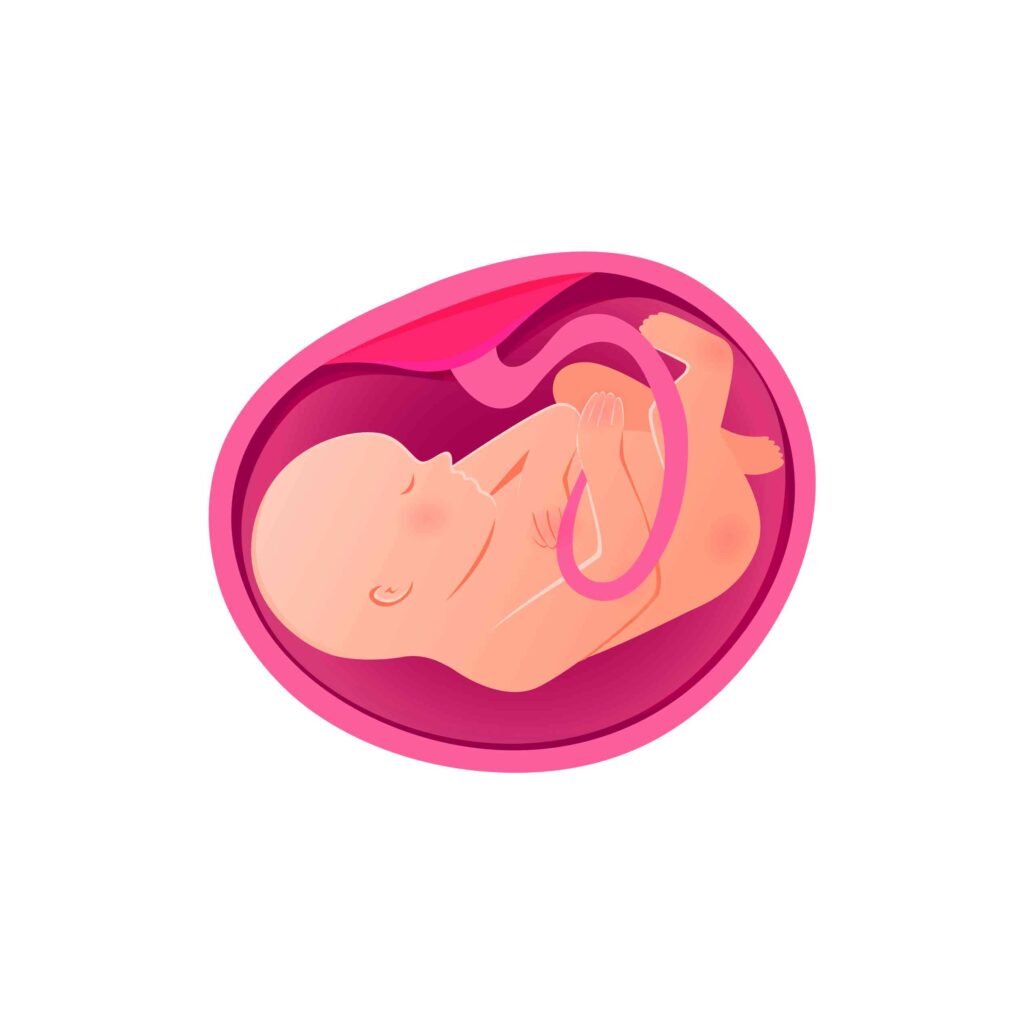The Role of the Placenta: Your Baby’s First Lifeline
Pregnancy is one of the most miraculous journeys in life, filled with excitement, curiosity, and, let’s be honest, a bit of nervousness. While much of the focus goes to the growing baby, there’s one incredible organ working behind the scenes to ensure everything runs smoothly: the placenta. If you’ve ever wondered what exactly this mysterious organ does, you’re in the right place. Let’s dive into the fascinating role of the placenta and why it truly is your baby’s first lifeline.
Understanding the Role of the Placenta
The placenta is often described as a temporary organ, but don’t let that fool you into thinking it’s anything less than essential. From the moment of implantation to the delivery of your baby, the placenta is in charge of keeping your little one nourished, oxygenated, and protected. In many ways, it acts like a multitasking superorgan, playing the role of a provider, protector, and communicator between mother and baby.
What Exactly Is the Placenta?
Before we explore the many roles of the placenta, let’s take a moment to understand what it is. The placenta is a disc-shaped organ that develops inside the uterus during pregnancy. It attaches to the uterine wall and is connected to the baby via the umbilical cord. This connection allows the placenta to transport essential nutrients and oxygen while also removing waste products from the baby’s bloodstream. Essentially, it’s your baby’s personal life-support system, ensuring everything they need for growth and development is provided.

The Lifeline: How the Placenta Nourishes Your Baby
One of the primary functions of the placenta is to provide nourishment to your growing baby. Think of it as a chef, waiter, and grocery delivery service all rolled into one. The placenta takes nutrients from the mother’s bloodstream and delivers them to the baby through the umbilical cord.
Key nutrients transported by the placenta include:
- Oxygen: Just like you need oxygen to survive, so does your baby. The placenta ensures a continuous supply of oxygenated blood, keeping your baby thriving in the womb.
- Glucose: Babies require a constant source of energy, and glucose is their primary fuel.
- Amino Acids: These are the building blocks of proteins, essential for tissue growth and development.
- Fats and Vitamins: Necessary for brain development, immune function, and overall health.
Without the placenta functioning properly, the baby could struggle with growth restrictions, making it one of the most crucial players in a healthy pregnancy.

Detox Duty: The Placenta as a Waste Disposal System
While providing nutrients is an important part of the role of the placenta, its job doesn’t stop there. It also acts as a waste removal system. Just like any living organism, your baby produces waste products like carbon dioxide and urea. Since your baby’s organs aren’t fully developed yet, they rely on the placenta to get rid of these waste materials by sending them back to the mother’s bloodstream, where they are filtered and expelled by the mother’s body.
This function is particularly crucial because without proper waste elimination, toxins could accumulate in the baby’s system, leading to complications.
The Placenta as a Hormone Powerhouse
Hormones play a huge role in maintaining a healthy pregnancy, and guess what? The placenta is one of the primary producers of these vital chemicals. Some of the key hormones secreted by the placenta include:
- Human Chorionic Gonadotropin (hCG): This is the hormone responsible for those two pink lines on a pregnancy test! It helps maintain the pregnancy during the early stages.
- Progesterone: Essential for keeping the uterine lining thick and supportive for the baby.
- Estrogen: Helps regulate blood flow to the placenta and supports fetal development.
- Human Placental Lactogen (hPL): Ensures the baby gets enough nutrients by influencing the mother’s metabolism.
Without the placenta’s hormone production, pregnancy could not progress smoothly, and the risk of complications would rise.
The Placenta’s Protective Role
Another important aspect of the role of the placenta is its protective function. While it may not be a fortress with impenetrable walls, the placenta does provide a significant level of defense for the baby. It acts as a semi-permeable barrier, allowing essential nutrients and oxygen to pass through while blocking many harmful substances and infections.
However, it’s not foolproof. Certain infections and harmful substances, like alcohol, drugs, and some viruses, can cross the placental barrier. That’s why maintaining a healthy lifestyle during pregnancy is so important—everything a mother consumes or is exposed to has the potential to reach her baby.

The Placenta and the Immune System
Your baby is still developing their own immune system in the womb, and until it is fully formed, they rely on passive immunity from the mother. The placenta helps transfer antibodies from the mother to the baby, giving them some level of protection against infections once they’re born. This is one reason why mothers are often encouraged to get vaccinated during pregnancy, as it allows these protective antibodies to pass to the baby before birth.
When the Placenta Doesn’t Function Properly
While the placenta is an incredible organ, sometimes things don’t go as planned. Placental complications can lead to serious pregnancy issues, including:
-
Placental Abruption:
When the placenta detaches from the uterine wall too early, causing bleeding and potential oxygen deprivation for the baby.
-
Placenta Previa:
When the placenta covers the cervix, potentially leading to delivery complications.
-
Placental Insufficiency:
When the placenta doesn’t supply enough nutrients and oxygen to the baby, leading to growth restrictions.
Regular prenatal check-ups help monitor the health of the placenta and ensure any potential issues are detected early.
The Placenta and Birth: What Happens to It?
After your baby is born, the placenta has one final job: exiting the body. This is known as the third stage of labor, where the placenta is delivered shortly after the baby. Some parents choose to keep it for various reasons, such as placenta encapsulation, which involves consuming the placenta for potential health benefits. Others may opt for a more traditional approach and allow it to be disposed of medically.

Conclusion:
The role of the placenta in pregnancy is truly remarkable. Acting as a provider, protector, waste manager, hormone producer, and immune supporter, this temporary organ is the ultimate multitasker. Without it, pregnancy wouldn’t be possible. While it often doesn’t get as much attention as the baby itself, it deserves recognition for the vital role it plays in ensuring a healthy and successful pregnancy.
So, the next time you think about the miracle of pregnancy, take a moment to appreciate the placenta—your baby’s first and most important lifeline.


